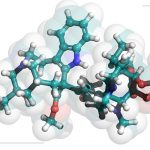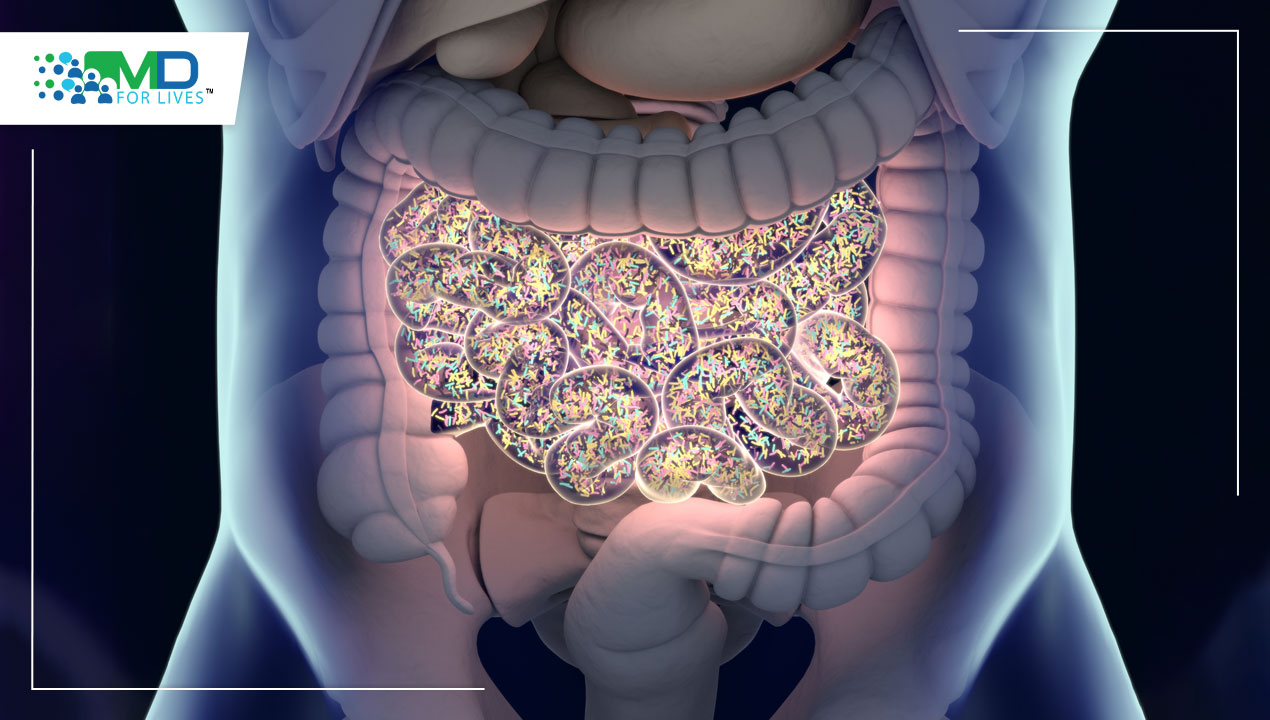For decades, some doctors and practice guidelines have recommended that older adults take low-dose aspirin daily for primary cardiovascular disease prevention.1 In recent years, though, multiple studies have shown aspirin use is not as effective for this purpose as once believed.2
On April 26, 2022, the US Preventive Services Task Force (USPSTF) announced a final recommendation that adults aged 60 and older should not start taking aspirin for CV disease prevention. However, the task force concluded that certain patients may still benefit from initiating low-dose aspirin at their doctor’s discretion.3
History of aspirin for cardiovascular disease prevention
For years, people interested in finding out how to prevent cardiovascular disease have learned about the benefits of aspirin (also known as acetylsalicylic acid). These were thought to include helping to prevent a first or second myocardial infarction (heart attack), especially in men, preventing blood clots (thrombosis), and preventing stroke, especially in women.1
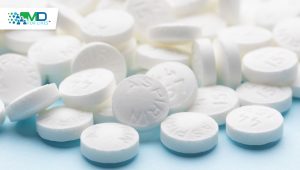
However, there is growing evidence that the benefits may not outweigh the risks of aspirin for most older people.2 Aspirin can cause potentially serious bleeding in the gastrointestinal tract, and more rarely, intracranial bleeding.1 This is due to aspirin’s influence on platelets: aspirin irreversibly inhibits the enzyme cyclooxygenase (COX), thus reducing platelet aggregation.
It is this effect on platelets that led to aspirin’s use in preventing MI. In the late 1940s, Dr. Lawrence Craven hypothesized that aspirin’s antithrombotic effects could potentially help prevent myocardial infarctions (which are usually caused by blood clots that block one of the coronary arteries).1
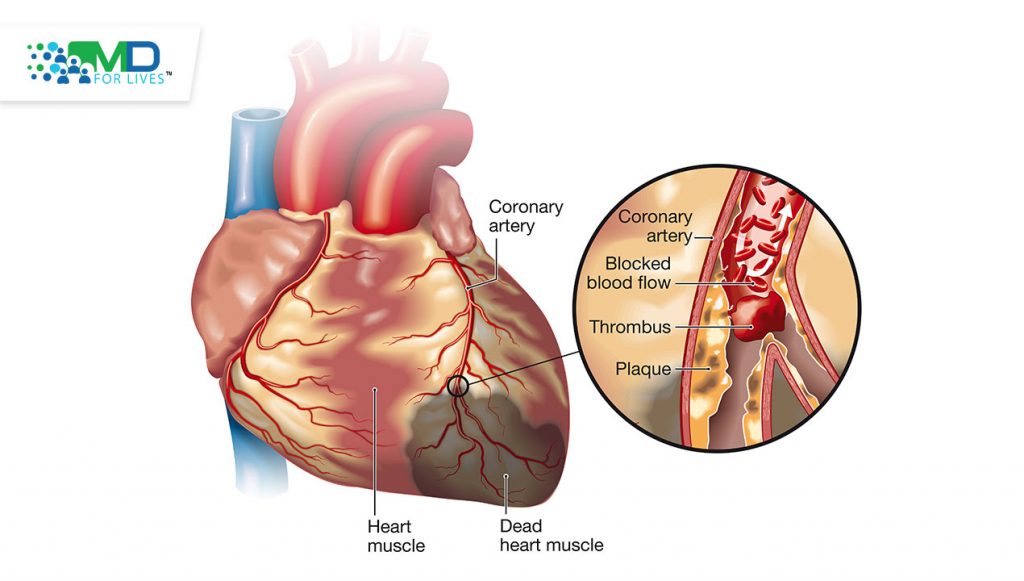
USPSTF aspirin guidelines updated
Because older people are at higher risk of both cardiovascular disease and hemorrhage as a side effect of aspirin use, the usefulness of aspirin in people over 60 has been debated for years.2,3 Some hypothesize that because heart disease rates have fallen over the past fifty years (due in part to better control of hypertension, diabetes, and high cholesterol), most Americans no longer get an additional benefit from aspirin that outweighs the risk of bleeding.2
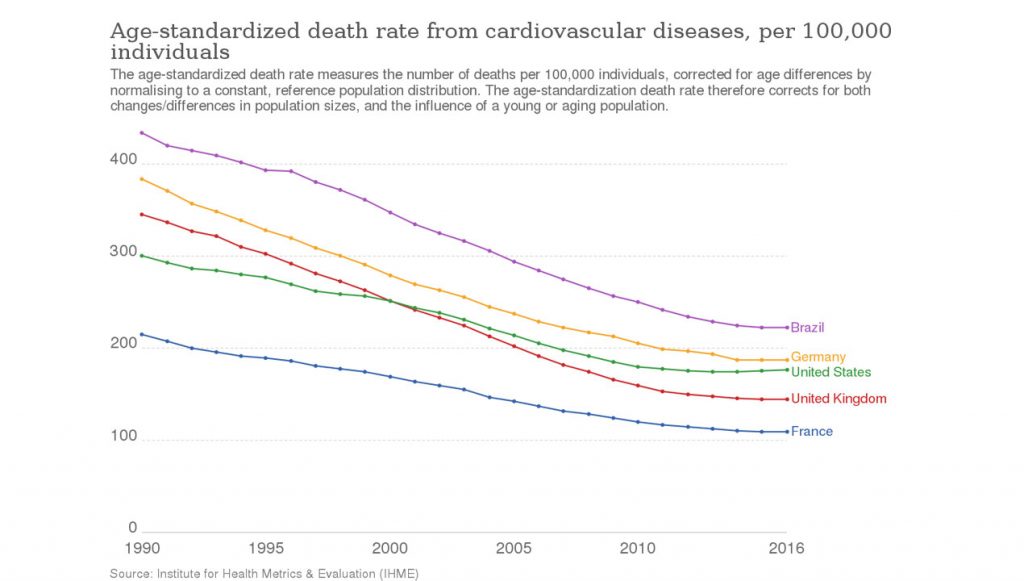
The new USPSTF aspirin guideline is based on evidence from thirteen randomized clinical studies on benefits, fourteen studies on side effects of aspirin, as well as a modeling analysis commissioned by the USPSTF.3
The placebo-controlled ASPREE study (published in 2018) showed that, in a study population with a median age of 74 and residing in Australia or the US (87% and 13% of participants, respectively), aspirin did not have a large effect in preventing CVD, although it may have had a smaller effect. The researchers did not find a significant reduction in the primary endpoint, disability-free survival, with aspirin use. The patients in this study were followed for a median of 4.7 years.2,6
The task force concluded that the benefits of beginning daily aspirin for primary prevention do not outweigh the risks in individuals aged 60 and older. This is a grade D recommendation, which is given when there is at least moderate certainty that the intervention has no net benefit or that the harms outweigh the benefits.3,4
Who may still benefit from daily aspirin?
Cardiovascular disease is still the leading cause of death in the US, as well as a major cause of disability. Of note, the new USPSTF recommendations apply only to primary prevention. Those taking aspirin on doctor’s advice for secondary cardiovascular disease prevention – to prevent a second heart attack or other secondary CV events – are still thought to benefit, and this recommendation has not changed.3
For certain patients younger than 60, starting aspirin may still be beneficial. The USPSTF states that doctors should use their professional judgment regarding daily aspirin use in individuals between 40 and 59 who are at a 10% or greater risk of developing cardiovascular disease in the next ten years. This is a grade C recommendation, indicating that there is moderate certainty that the net benefit is small.3
Additionally, the USPSTF cautions that patients should not stop taking daily aspirin without consulting their doctor.3
References
- https://www.ncbi.nlm.nih.gov/pmc/articles/PMC4317158/
- https://www.medscape.com/viewarticle/961718
- https://www.uspreventiveservicestaskforce.org/uspstf/recommendation/aspirin-to-prevent-cardiovascular-disease-preventive-medication
- https://www.uspreventiveservicestaskforce.org/uspstf/about-uspstf/methods-and-processes/grade-definitions
- https://www.medscape.com/viewarticle/972761
- https://www.nejm.org/doi/full/10.1056/nejmoa1805819

MDForLives is a vibrant community of healthcare professionals and patients dedicated to shaping the future of healthcare. We provide valuable global insights to healthcare companies through online surveys, interviews, and discussion forums.


